
Alarming Study Links Eating Ramen Often to Early Death
The Hidden Dangers of Eating Ramen Too Often: What Science Reveals About Its Link to Early Death
Eating ramen often may come with unexpected dangers, according to new scientific research that connects this beloved comfort food to a higher risk of early death. The findings, published in the Journal of Nutrition, Health and Ageing, reveal a concerning link between frequent ramen consumption and increased mortality. Though ramen is adored around the world for its warmth, flavor, and affordability, experts are now urging people to be more cautious about how often they enjoy it — especially those who pair it with alcohol or rely on it as a daily meal.
A Beloved Dish Under Scrutiny
Ramen has long been celebrated as the ultimate quick meal — hot broth, springy noodles, and a comforting aroma that instantly satisfies. Yet beneath this culinary comfort lies a growing health concern.
Researchers from Yamagata University School of Medical Science in Japan tracked more than 6,500 adults to uncover how eating ramen often might affect long-term health. The participants included 2,361 men and 4,385 women, all aged 40 or older at the start of the study. Over several years, scientists meticulously recorded their dietary habits, focusing on how frequently each participant consumed ramen.
To ensure accuracy, participants were divided into four categories: those who ate ramen less than once a month, one to three times a month, once or twice per week, and three or more times per week. This structure allowed the researchers to clearly identify patterns between ramen frequency and mortality.
The Global Comfort Food With a Cost
Ramen — typically served in a rich, often pork-based broth — is famous for its complex umami flavor. It’s commonly topped with slices of meat, seaweed, boiled eggs, and vegetables. What began as a simple Japanese dish has evolved into a global phenomenon, embraced from Tokyo to New York and London. But as the new study reveals, eating ramen often may come with significant health consequences.
Despite its comforting appeal, the researchers warned that consuming ramen frequently can lead to dangerous imbalances in sodium intake and nutrition. The results showed that the more often people ate ramen, the greater their likelihood of facing harmful effects related to excessive salt and a poor dietary balance.
What the Numbers Show
Roughly one-third of participants reported eating ramen weekly. Younger men were the most frequent consumers, and researchers noted that many of them also smoked, drank alcohol regularly, and were overweight — lifestyle factors that compounded the risks.
During the four-and-a-half-year follow-up period, 145 deaths were recorded, including 100 from cancer and 29 from heart disease. When the data were analyzed, one trend stood out clearly: men under the age of 70 who ate ramen three or more times per week had a markedly higher risk of early death compared with those who ate it rarely.
Why Ramen Poses a Risk
The scientists believe the answer lies in ramen’s extraordinarily high sodium content. A single bowl of ramen can contain more than half — sometimes nearly all — of the recommended daily salt intake. Both the noodles and broth are sodium-rich, and finishing the soup dramatically increases total intake. Excess sodium is known to raise blood pressure, strain the heart, and contribute to conditions like stroke, kidney failure, and gastric cancer.
The researchers also uncovered another dangerous pairing: ramen and alcohol. Participants who ate ramen often and drank alcohol regularly faced an even higher risk of premature death. According to the study’s authors, sodium-rich foods amplify the dehydrating effects of alcohol and further stress the cardiovascular system. Together, they create what one researcher described as “a silent but potent burden on the body.”
The Broth Problem
Many ramen fans savor every drop of the broth — often the saltiest part of the meal. But those who consumed at least half of it were found to have significantly worse health outcomes. Finishing the soup, while satisfying, pushes sodium levels far beyond healthy limits, particularly when done multiple times per week.
While the study was observational and cannot prove direct causation, the consistent association between frequent ramen consumption and early death is hard to ignore. The researchers stressed that more studies are needed to clarify the biological mechanisms, but the evidence already paints a cautionary picture.
Beyond Japan: A Global Concern
Ramen is not just a cultural staple in Japan; it’s a global fast food phenomenon. Instant ramen, in particular, has become a go-to meal for millions due to its low cost and convenience. However, instant varieties often contain even higher sodium levels and chemical preservatives, magnifying the health concerns identified in the Yamagata study.
Nutrition experts warn that eating ramen often, especially instant types, can create long-term problems — from hypertension and obesity to nutrient deficiencies. A single serving can pack over 1,800 milligrams of sodium, nearly double what the World Health Organization recommends for an entire day.
A Nutritional Imbalance
From a nutritional standpoint, ramen is unbalanced. It provides carbohydrates and fats but very few vitamins, minerals, or fiber. People who rely heavily on ramen may lack essential nutrients such as potassium, magnesium, and protein — all of which play crucial roles in maintaining heart and metabolic health.
Over time, this imbalance can trigger a range of complications: high blood pressure, fluid retention, and metabolic syndrome. The combination of high sodium and low nutrient diversity is particularly harmful when paired with sedentary lifestyles or excessive alcohol intake.
Finding Balance: How to Enjoy Ramen Safely
Still, experts are not calling for ramen’s elimination — just moderation. Small changes can greatly reduce its risks. Using less of the seasoning packet, skipping part of the broth, or adding fresh vegetables like spinach, mushrooms, and bean sprouts can increase nutritional value while lowering sodium. Some people prepare homemade ramen with lighter broths and whole-grain noodles, giving them greater control over ingredients.
Adding lean protein sources like boiled eggs, tofu, or chicken can make ramen more balanced. Even simple steps such as drinking more water afterward help counter dehydration caused by sodium.
A Cultural Reflection
The study’s findings have sparked international discussion about the modern diet — how convenience, cost, and taste often override health considerations. Ramen’s global popularity reflects the fast-paced rhythm of contemporary life: quick, affordable, and satisfying. But as this research reminds us, even the most comforting foods can become harmful when eaten without moderation.
The Takeaway
Occasionally enjoying ramen is harmless, but making it a frequent habit may lead to serious consequences. The cumulative effects of high sodium, poor nutrient balance, and associated lifestyle factors can quietly erode health over time.
Ultimately, the message isn’t to fear ramen — it’s to respect its limits. Treat it as an occasional comfort, not a dietary cornerstone. By doing so, ramen lovers can continue to enjoy its warmth and flavor without compromising their well-being.
As scientists continue to explore the links between diet and longevity, one truth remains timeless: how we eat matters just as much as what we eat. Eating ramen often may be tempting, but eating wisely is what truly sustains a long and healthy life.
News in the same category


4 Clear Signs That Appear 15 Minutes Before a Stroke: Call for Immediate Help

3 Ways to Stop Acid Reflux Naturally

Don’t go to sleep without taking this — 1 cup before bed clears excess sugar

Warning to People Who Regularly Walk Around Their Homes Barefoot

12 Weird Diabetes Skin Problems You Need To Know

Doctors REVEAL that guava leaf tea causes in...
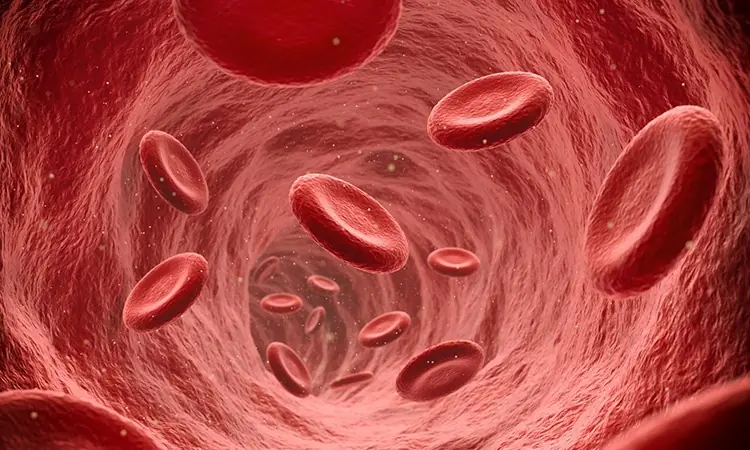
Simple Ways to Lower Cholesterol Naturally

10 Simple Lifestyle Changes That Drastically Reduce Your Stroke Risk

Ginger and Red Date Tea: The 97-Year-Old Grandma’s Secret Longevity Drink

How to Remove Age Spots Naturally with Lemon Juice

Molasses Stops Insulin Resistance Almost Immediately — Here's How to Use It

The Potassium Powerhouse: What Eating Bananas Daily Does to Your Blood Pressure
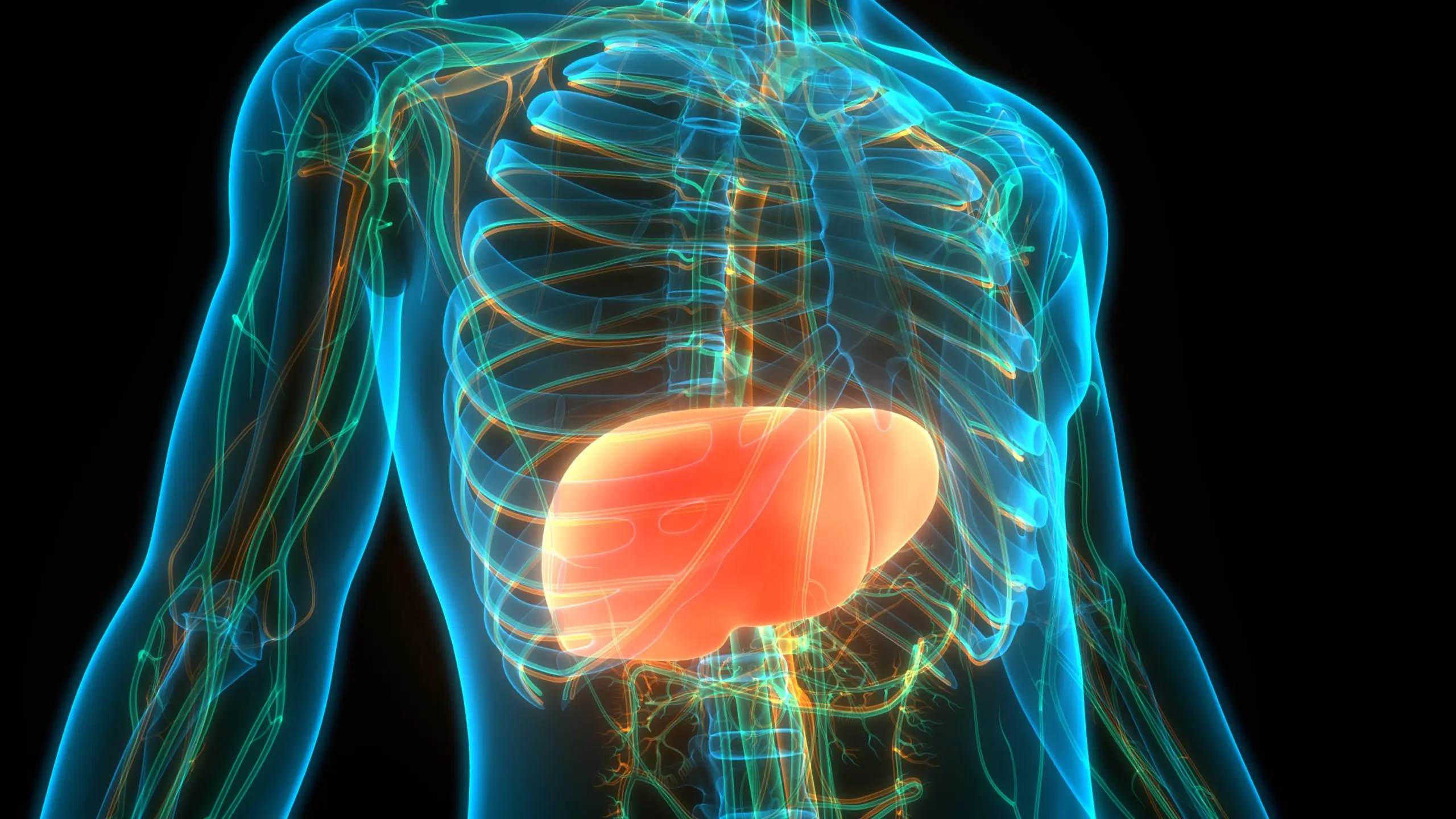
A Powerful Two-Ingredient Mixture for Cleansing Your Liver
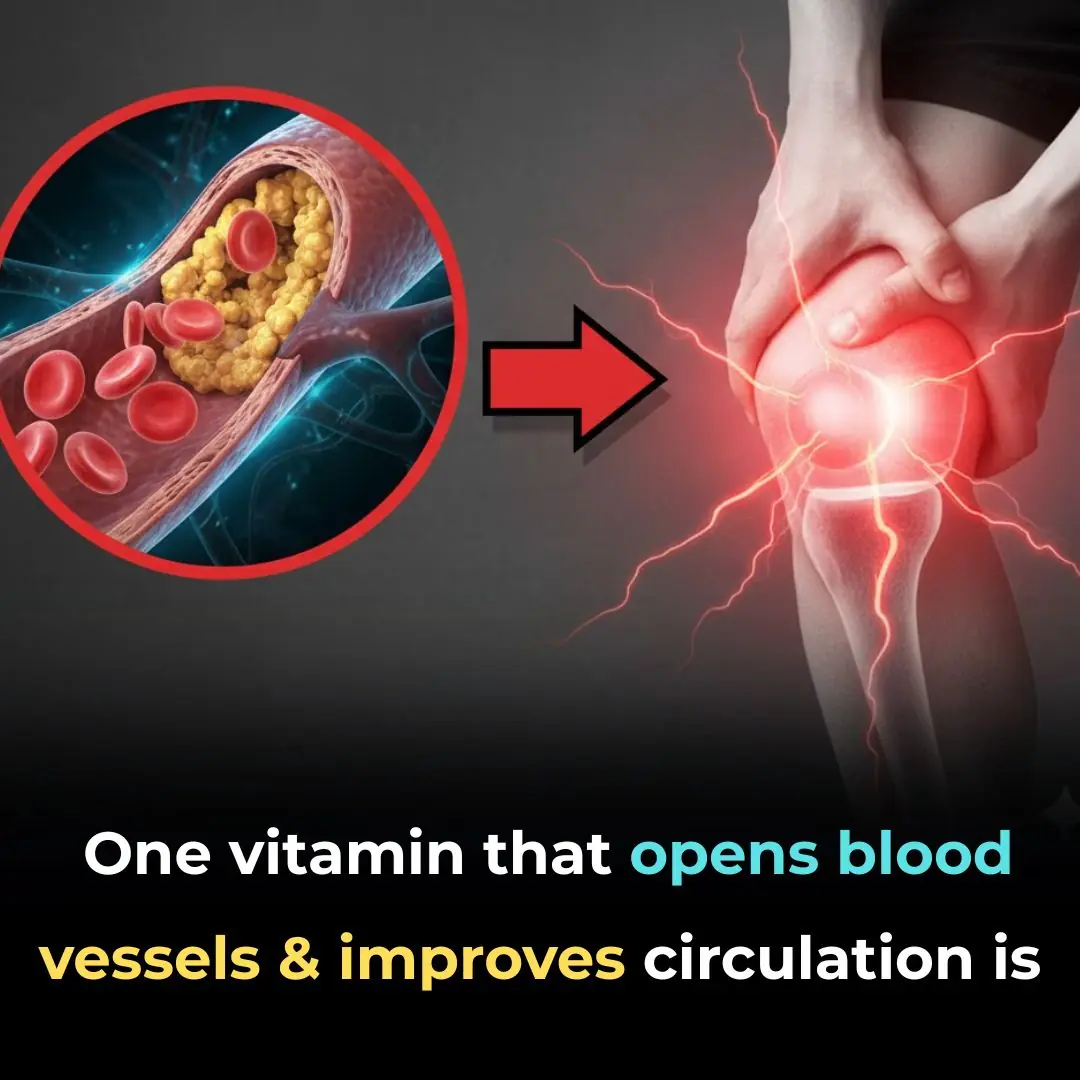
One Vitamin That Could Transform Your Circulation

White Bumps on Your Face Don’t Try to Remove Them

Signs and Symptoms That May Indicate High Cholesterol Levels
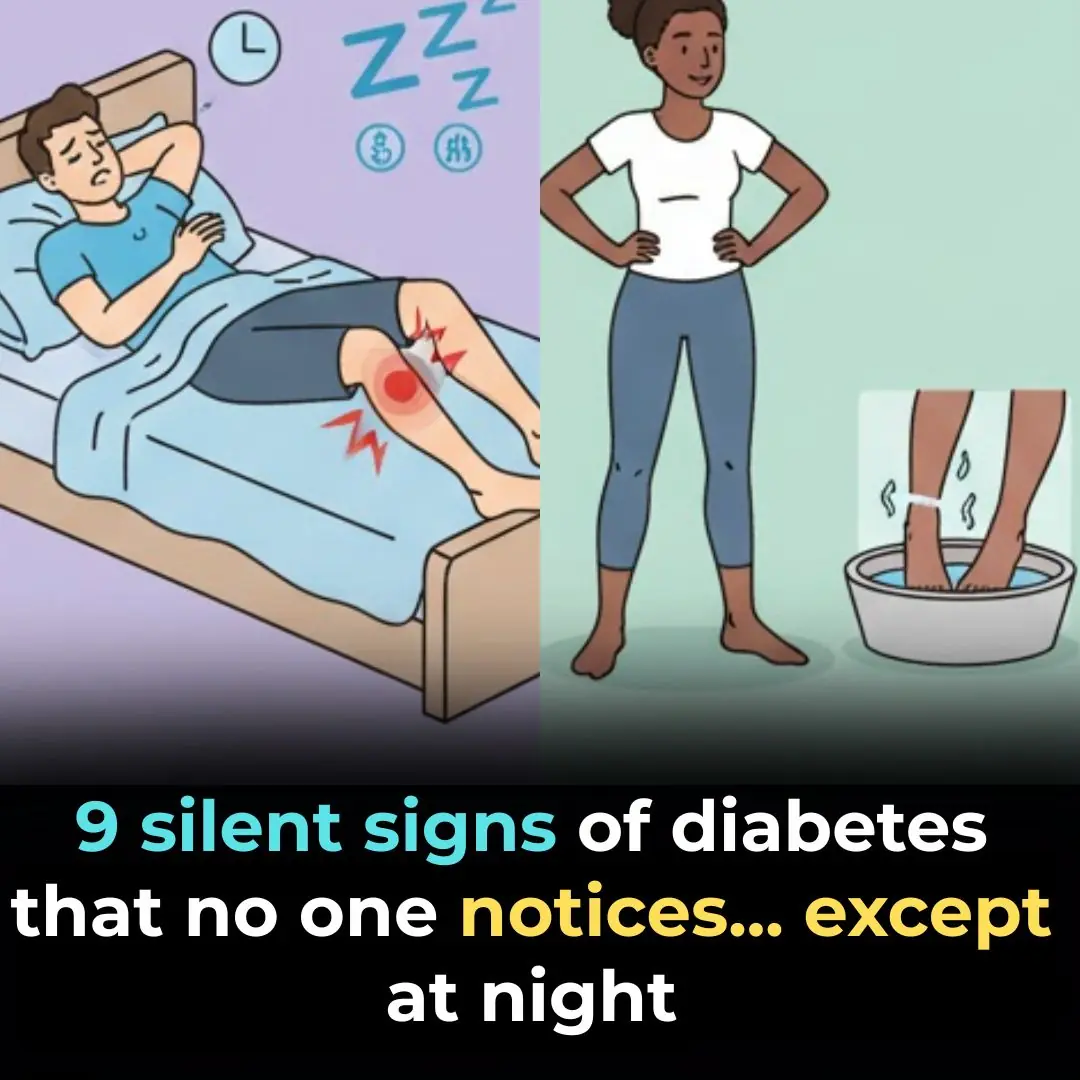
9 Signs of Diabetes That Appear at Night: What You Need to Know!
News Post

Ginger, Soursop, Sorrel, and Turmeric – The Miracle Drink

Kyllinga brevifolia (Rottb): Benefits and How to Use It

Purslane: The Superfood That Tastes Better Than Meat – 7 Reasons to Grow It in Your Garden

Papaya releases a milky sap, but most people don’t realize how important it is
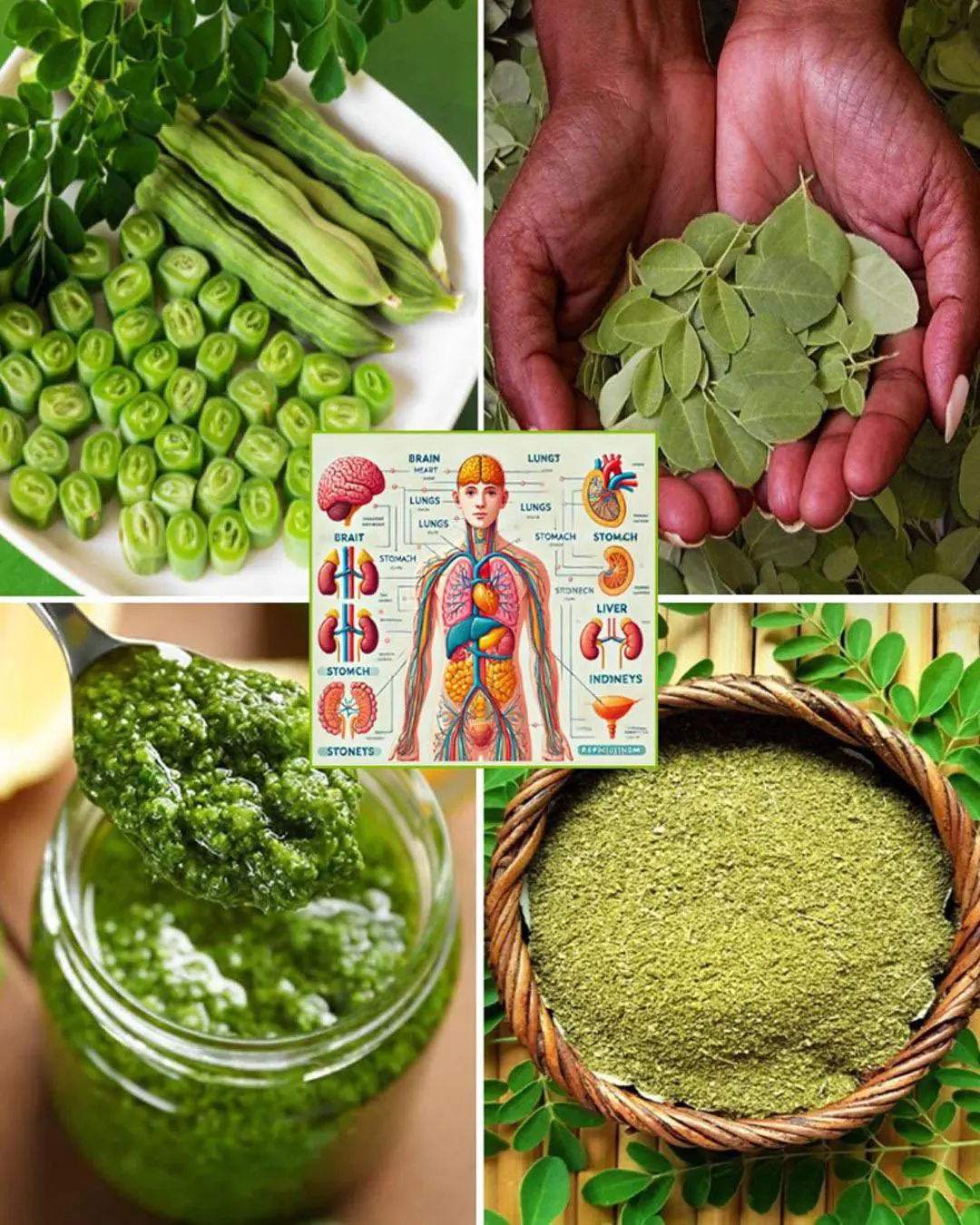
Discover The Miraculous Benefits of Moringa

Bryophyllum Calycinum (Kalanchoe Pinnata): Benefits and Uses

How to Quickly Get Rid of Bed Bugs, Cockroaches, Fruit Flies, and Other Insects Using Natural Ingredients

Fig Leaves: Surprising Benefits and Uses
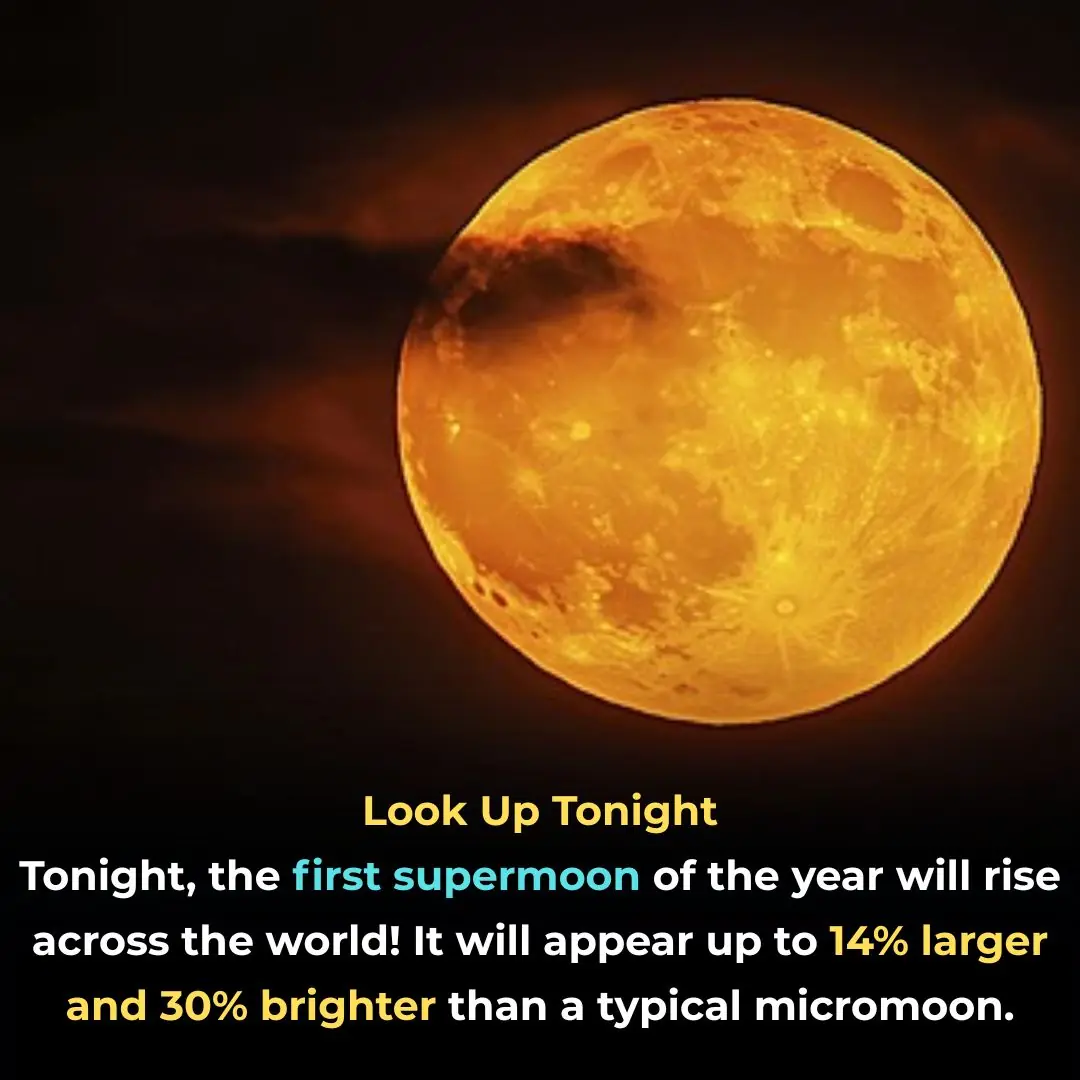
BREAKING NEWS 🚨 Due To This Hunter’s Moon Earth Will Be Completely…See More

BREAKING NEWS 🚨 Due To This Hunter’s Moon Earth Will Be Completely…See More

BREAKING NEWS 🚨 Due To This Draconid Meteor Shower Earth Will Be Badly Effected Because…..See More

BREAKING NEWS 🚨 Due To This Hunter’s Moon Earth Will Be Completely…See More

Almost 30,000,000 Apple and Samsung users could claim part of huge £480,000,000 payout

Xbox users all say same thing following GameStop's decision to keep Xbox Gamepass at $19.99

Apple just added a new app to iPhone with iOS 26 and most people have no idea

Creators of ChatGPT reveal 44 jobs at highest risk of being taken over by AI in future
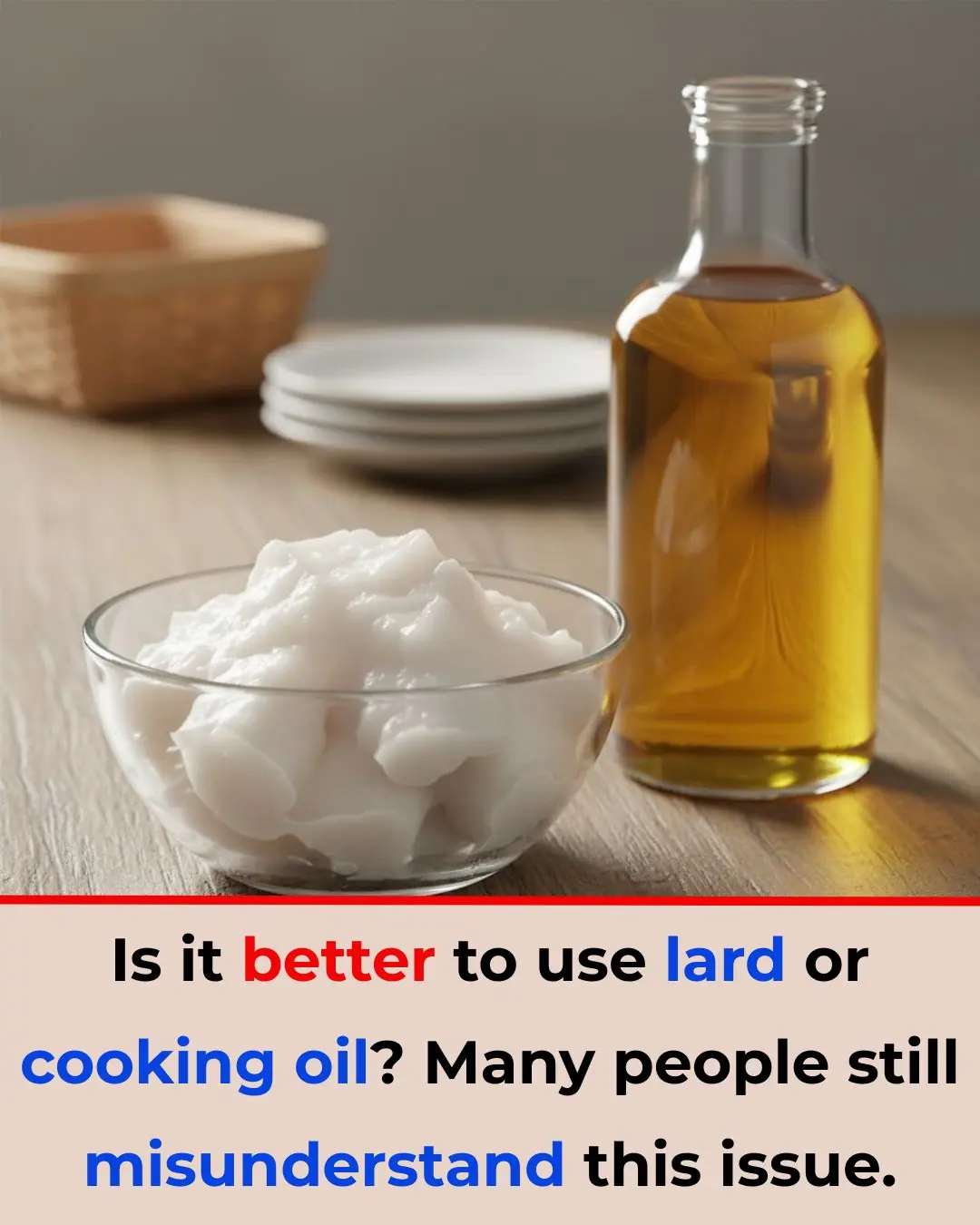
Lard vs. Cooking Oil: Which Is Better? Many People Still Misunderstand This Issue

Miraculous: Placing an Orange Beside Your Bed Can Surprisingly Improve Your Health

If You See Someone With Prominent Blue Veins, You Definitely Need to Tell Them This—It Could Save Their Life
